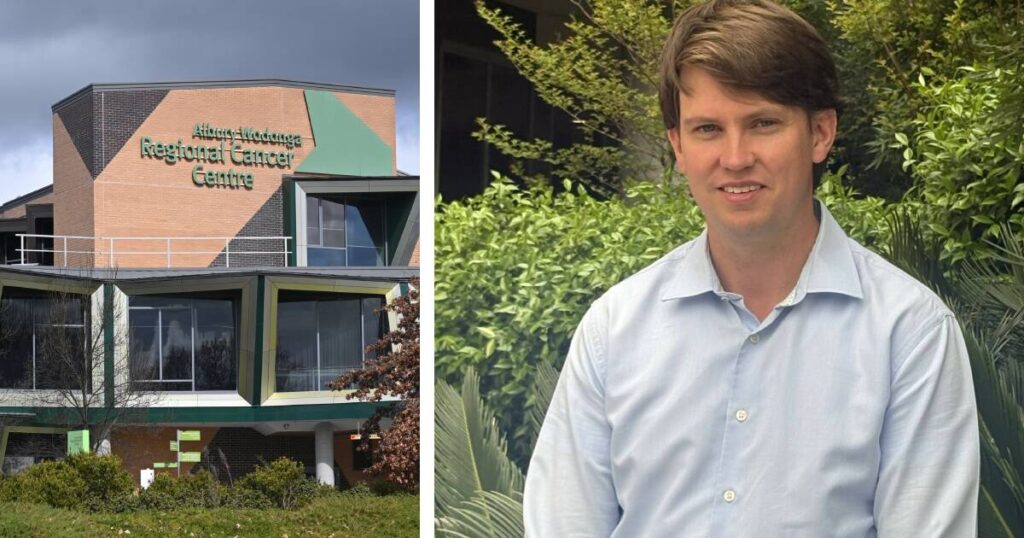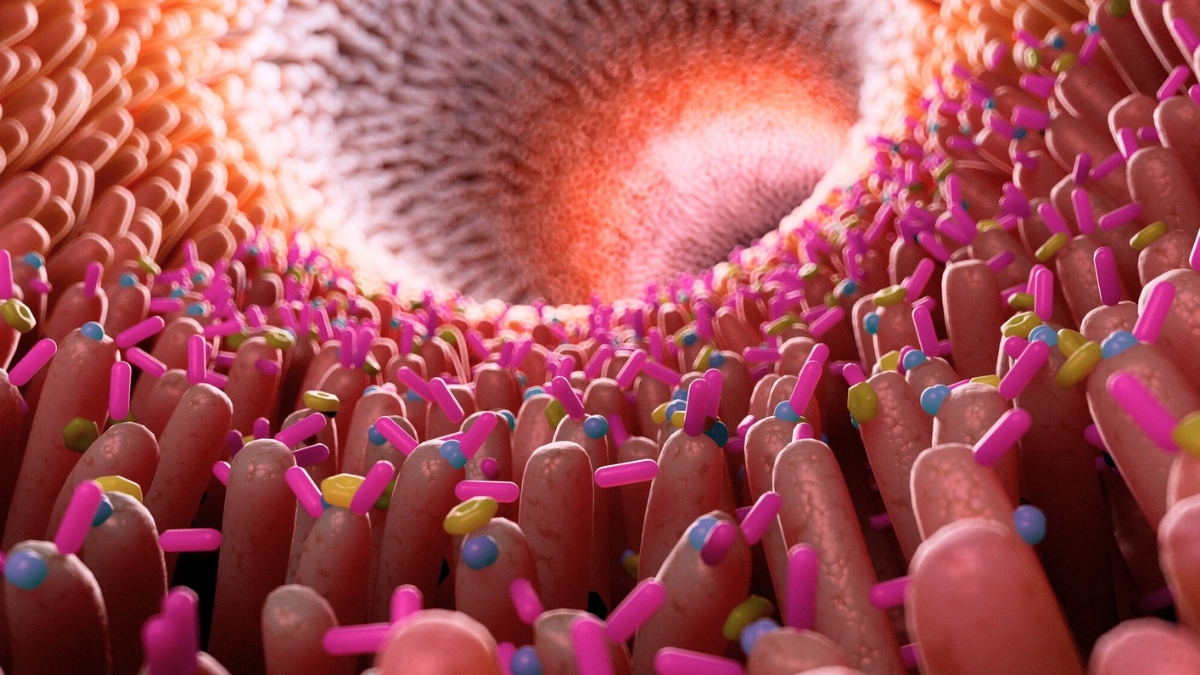
Albury Wodonga Health (AWH) is set to transition its cancer services from private management to public control, aiming to enhance patient care and accessibility. The change, which will take effect in December 2024, has been described as a necessary step towards ensuring the long-term sustainability of cancer services in the region.
Dr. Kay Xu, who has served as a medical oncologist in Albury for nearly seven years, has been appointed as the clinical director of cancer services for AWH. In a recent statement, Xu emphasized the importance of this transition, noting that the community has invested significant effort into establishing a cancer service that rivals those in metropolitan areas.
The decision to shift management from Ramsay Health Care to public oversight follows extensive consultations and reviews conducted in 2022. These reviews, one internal and one independent, highlighted the need for improvements to maintain high standards of care. “Despite our excellence now, we were unlikely to be able to sustain this into the future,” Xu stated regarding the findings of the reviews.
Community Concerns Addressed
As AWH prepares for the transition, concerns among patients and staff have emerged. Many fear that the change might disrupt existing services or lead to a reduction in care quality. Xu reassured the community that daily operations will remain largely unchanged. Patients will continue to receive care from familiar staff members, and the cancer center will maintain its focus on serving cancer patients exclusively.
Recent reports about the impending closure of Border Medical Oncology’s lease have been confirmed. However, Xu clarified that the specialists will still have the opportunity to work with their patients within the new public outpatient unit. “Our region is large enough to support both public and private cancer services,” he noted, emphasizing that patients will have choices regarding their care.
Improving Care Through Technology
One of the significant changes accompanying the transition is the implementation of Charm Evolution, a comprehensive electronic medical record system. Currently, the cancer center operates with a fragmented record-keeping system that has hindered efficient information sharing among healthcare providers. Xu described the existing setup as highly inefficient and expressed optimism about the improvements that Charm Evolution will bring.
Additionally, AWH’s recent membership in the Victorian Comprehensive Cancer Centre alliance is expected to foster greater collaboration and access to educational resources for staff. The transition will also allow for the realignment of junior doctor staffing, enhancing training and educational opportunities, which could improve workforce retention and job satisfaction.
The concern over patient costs has been a long-standing issue. With outpatient care previously reliant on private practices, many patients faced significant out-of-pocket expenses. Xu expressed relief that the transition to public management would eliminate these costs for patients, ensuring access to high-quality cancer care for everyone, regardless of their financial situation.
While acknowledging the risks associated with such a significant change, Xu urged the community to remain patient and supportive throughout the transition process. He believes that this shift is critical for the sustainability of cancer services in the region and assures the public that all involved parties are committed to delivering a service that the community can continue to be proud of.
As AWH moves forward with this transition, it aims to build a cancer service that not only meets current needs but also adapts to future challenges, ensuring comprehensive care for all patients in the Albury Wodonga region.






